
News writer
An audit of the Minnesota State Lottery uncovered significant weaknesses in retailer oversight and its readiness to handle security-related incidents.
An audit of the state lottery
Performance audits of the Minnesota State Lottery were conducted by Minnesota's Office of the Legislative Auditor (OLA). These performance audits took place from July 1, 2021, through December 31, 2023. The findings from these audits were released in a 66-page report on November 21, 2024.
Before diving into the audit and the OLA recommendations, you should know that the Minnesota State Lottery is responsible for operating Minnesota's lottery system. With that, its duties include adopting rules and lottery game procedures, publishing advertising and promotional materials, and contracting lottery retailers to sell lottery products, in addition to other requirements.
Results from the OLA audit
During the performance audits, the OLA found the Minnesota State Lottery did not verify that retailers had been convicted of crimes which would have disqualified them for selling lottery products.
The lottery also allowed retailers to sell lottery tickets even after their contracts expired, which is in violation of requirements in state law. In addition, the lottery did not comply with state laws when it declined to charge retailers for lost or stolen scratch-off tickets.
Based on these findings, the OLA recommended that the state lottery should increase internal controls to make sure retailer contracts are renewed prior to their expiration date and that they are conducting proper background checks in accordance with state laws. They also should be complying with state rules and charging retailers for lost or stolen scratch-off tickets.
Issues with lottery security
During the audit, officials also found that the state lottery did not adequately document or train its staff on the procedures to respond to physical security events. They also determined the lottery did not have adequate separation of duties among key information technology administrators.
Based on those findings, the OLA recommended the lottery develop incident response procedures. It should also ensure its third-party retailers are included in disaster recovery planning and training in the event an incident should take place.
Workplace culture issues
Auditors also conducted surveys with Minnesota State Lottery employees. In those survey responses, many state lottery employees said they had concerns regarding the lottery's workplace culture.
The OLA recommended lottery leadership should evaluate agency practices and make changes to promote a productive work environment.
More background on the Minnesota State Lottery
The Minnesota State Lottery was established in 1989 by the Minnesota Legislature. In 1990, voters in Minnesota approved an amendment to dedicate “not less than 40% of the net proceeds from any state-operated lottery” to the Minnesota Environment and Natural Resources Trust Fund.
In November 2024, Minnesotans voted again to extend that dedication of funding through December 31, 2025. In Fiscal Year 2023, the state lottery contributed $105.7 million to the state's General Fund, $88.9 million to Minnesota's Environment and Natural Resources Trust Fund, and $1.5 million toward responsible gambling programs.
The first scratch-off ticket debuted in 1990. Now, the Minnesota State Lottery offers two types of games: lotto games (like Mega Millions, Gopher 5, and Pick 3) and scratch-off games, which are available for purchase at more than 3,000 lottery retailers in the state.
The lottery headquarters are located in Roseville, with regional offices located in Detroit Lakes, Owatonna, and Virginia.
Enjoy playing the Minnesota Lottery, and please remember to play responsibly.
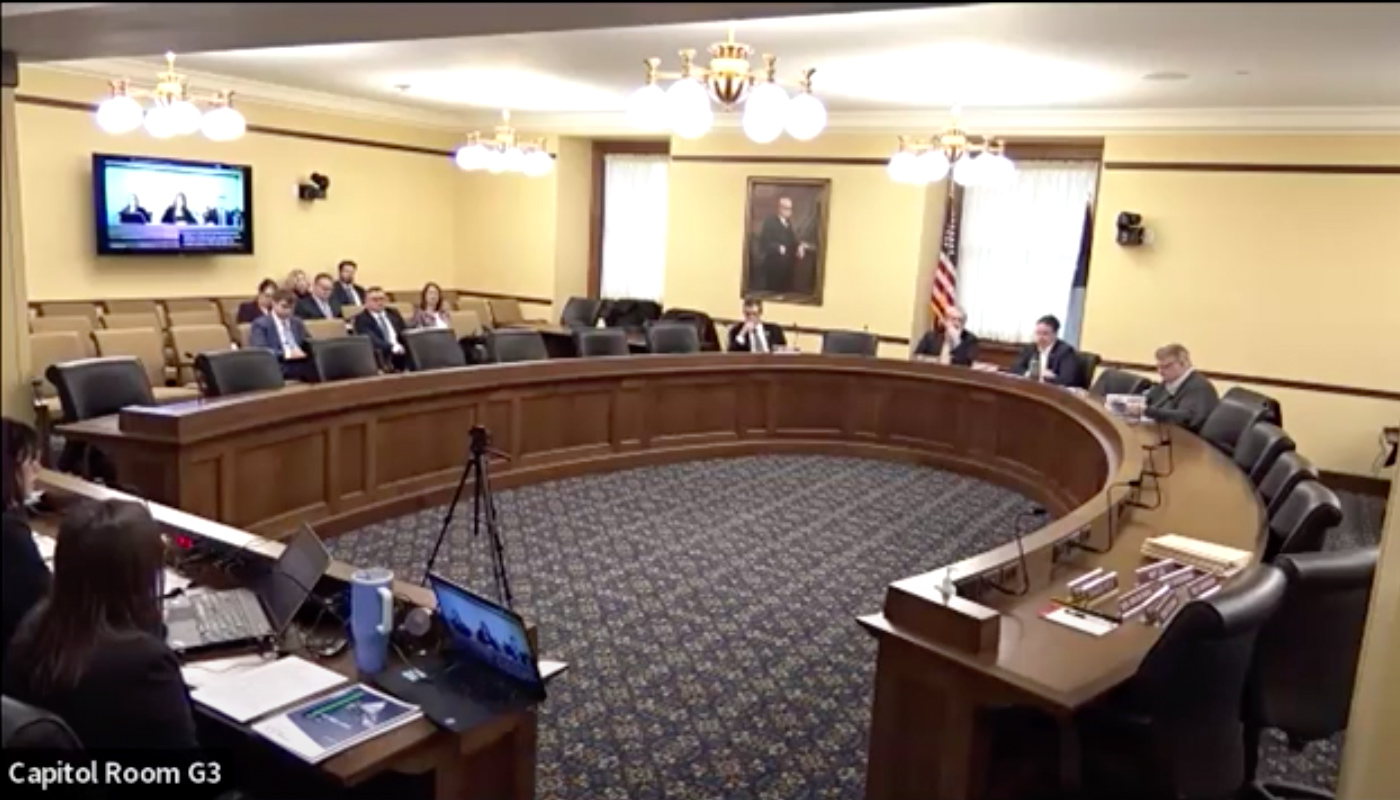
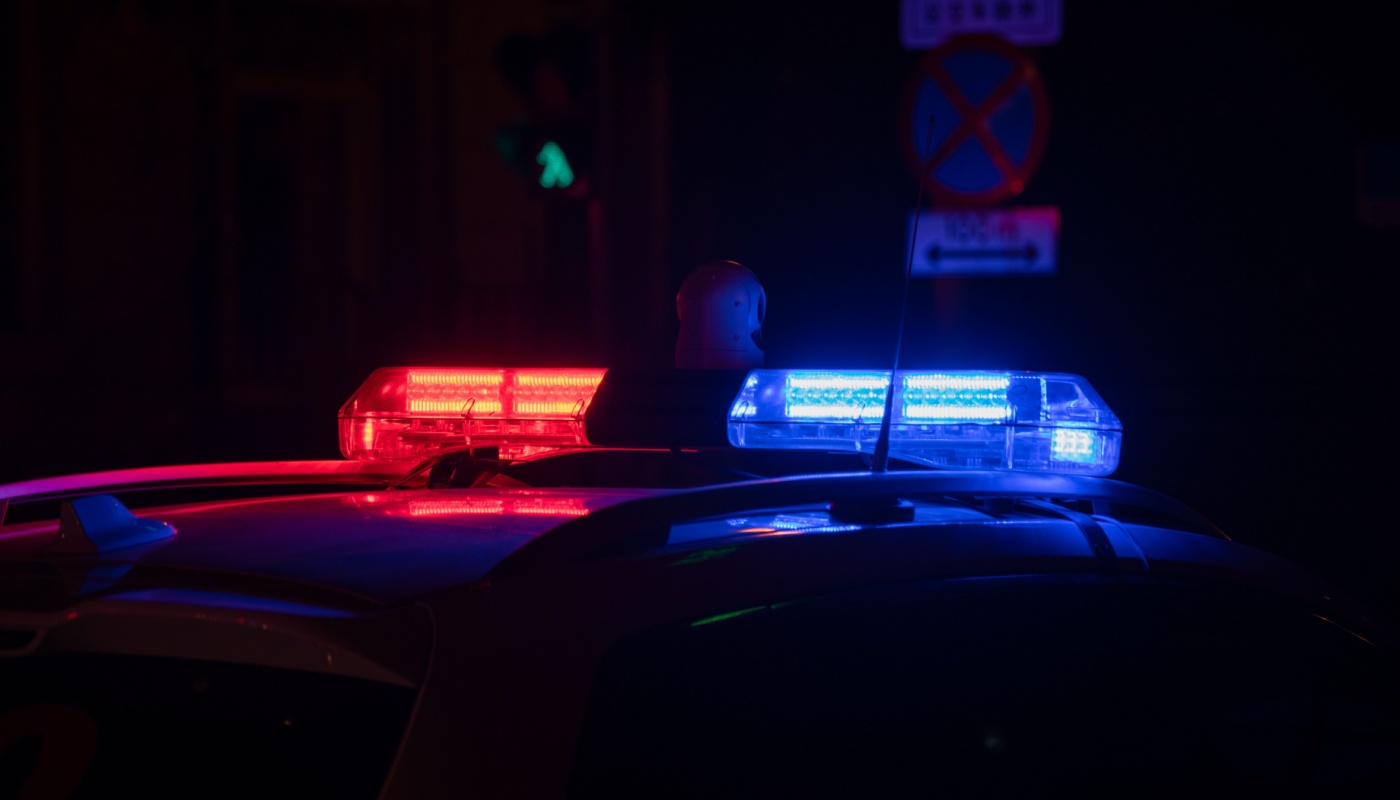

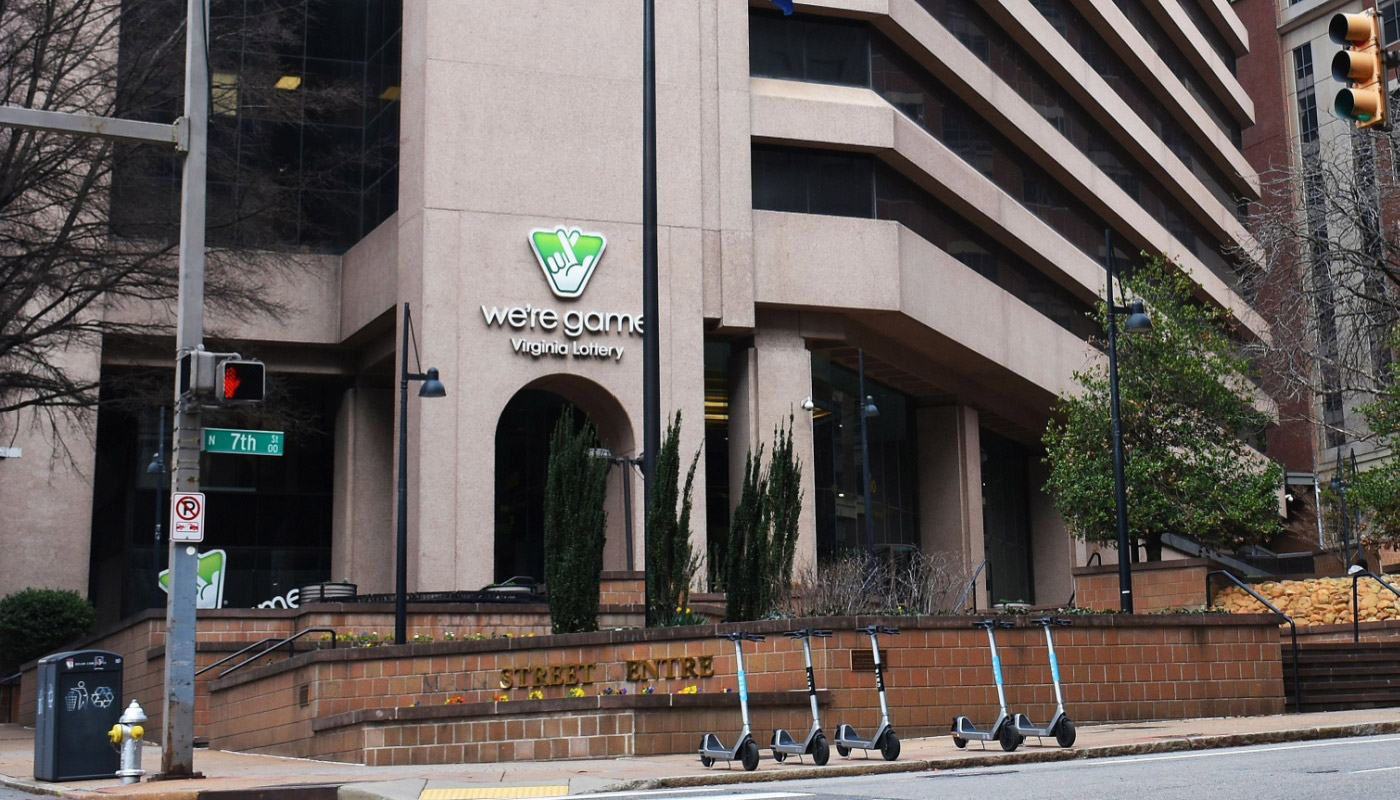
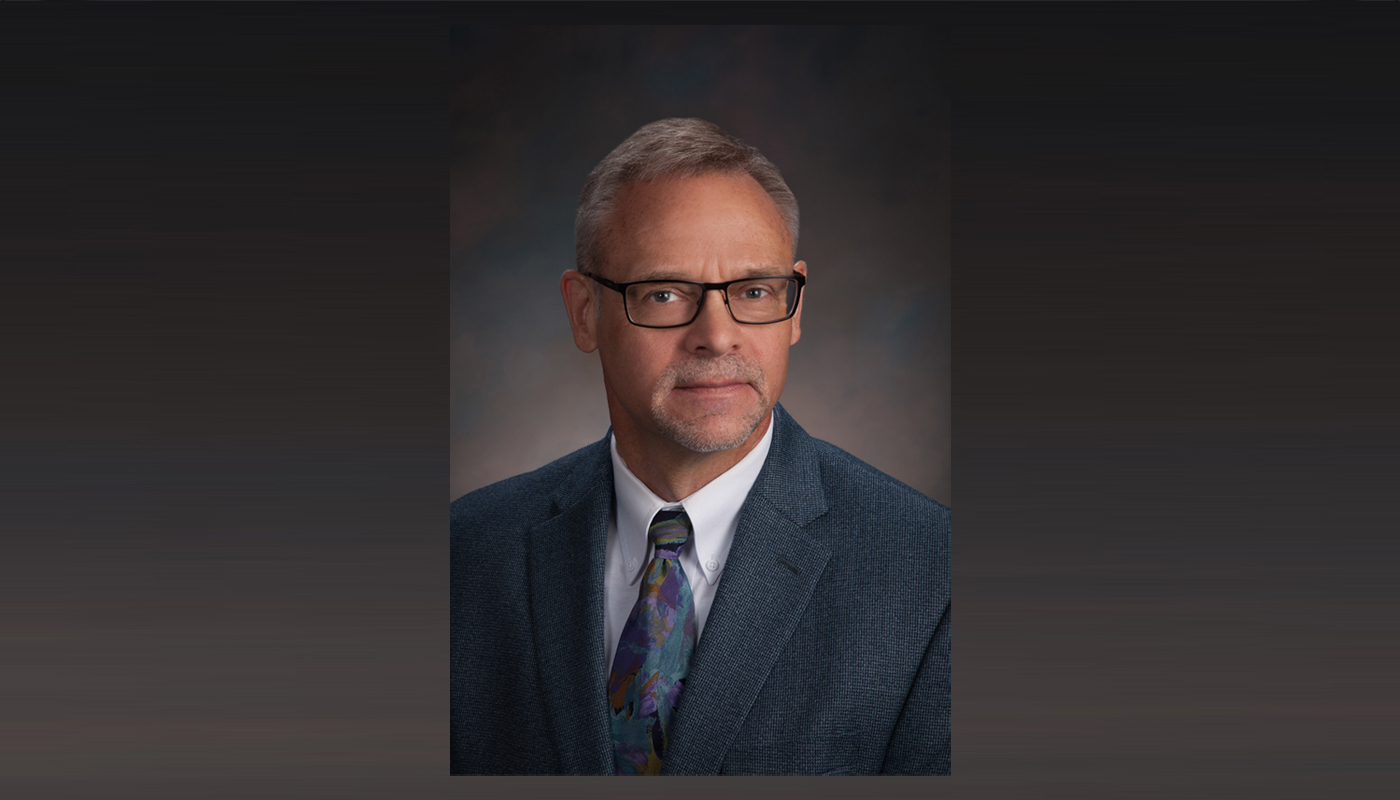

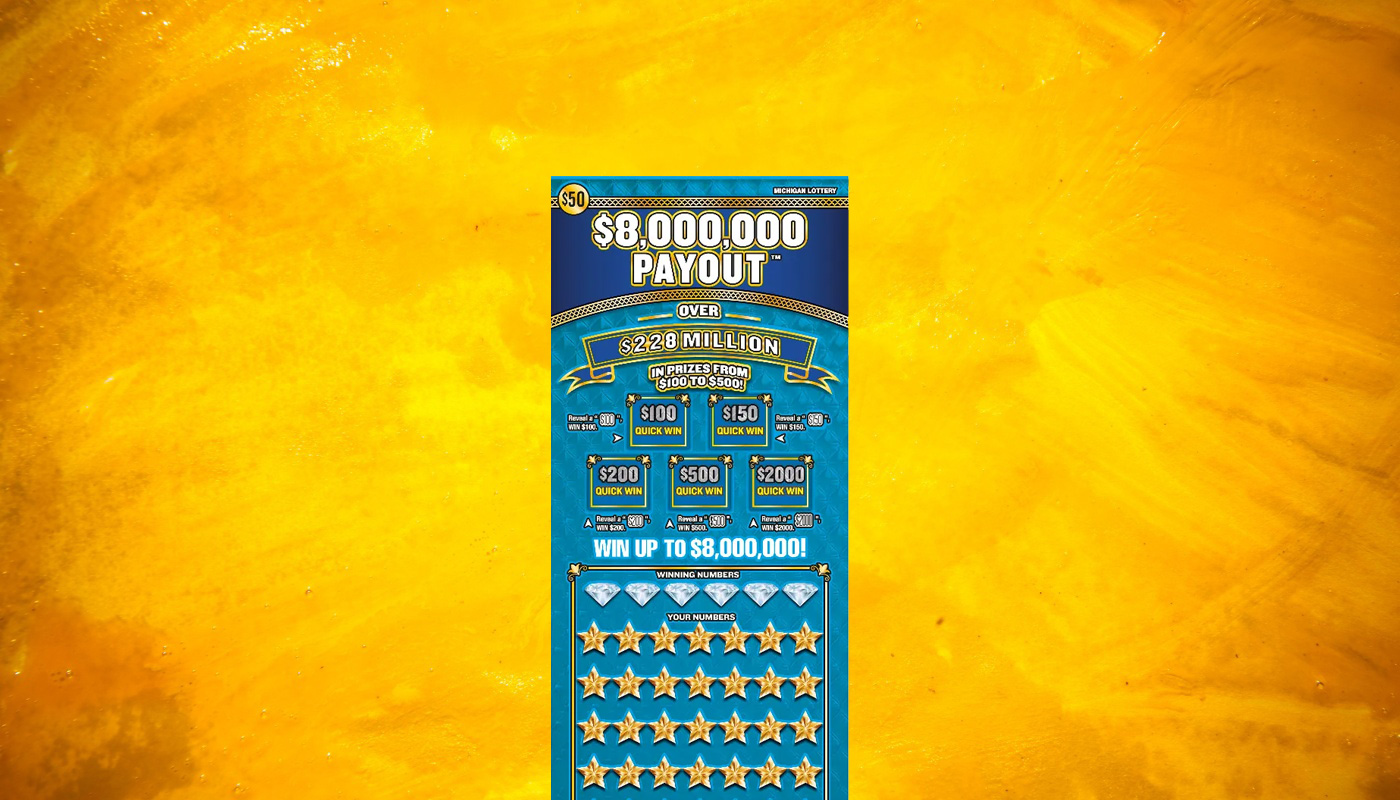
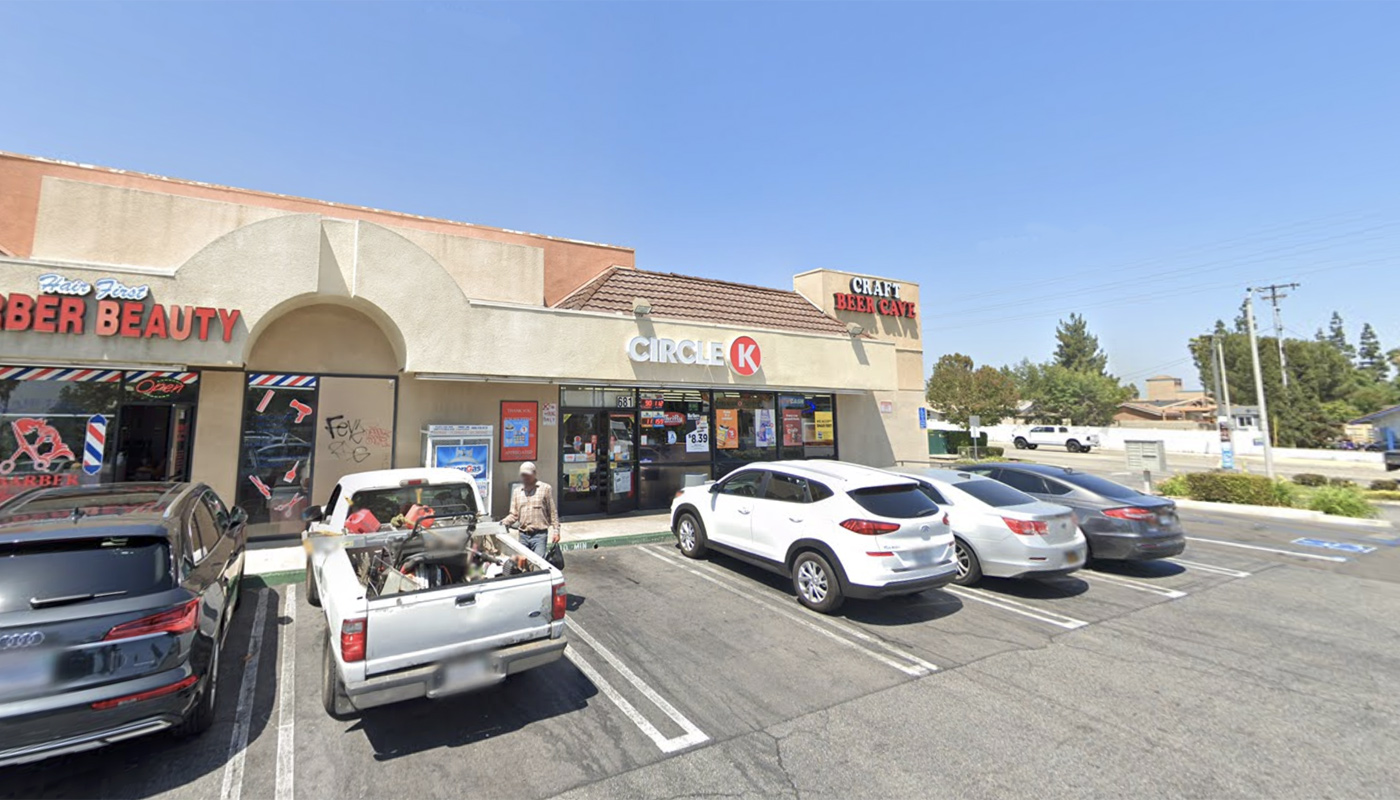









Comments